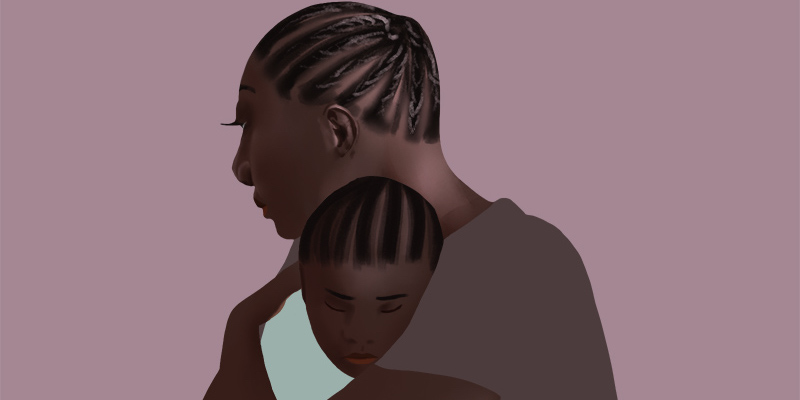Ghana’s cultural deviation is spearheaded by the authorities whose choice of diction does not reflect the cultural environment.
Having attended some of the best schools around the world, the opportunity to serve at the top is increasingly being used to show off personal academic achievements played to the gallery of international audiences, and this is evidenced in the oft-repeated school nomenclature that is only understood among themselves. The use of terms like ”structural adjustment”, ”debt restructuring”, ”debt sustainability”, and ”macroeconomy” among others, do not reflect national vocabulary.
Ghanaian music has changed. It is one of the many items made to look foreign with video clips featuring dancers in skimpy dresses and body parts queerly ornamented. The words in the song or the lyrics are inaudible and discordant with indigenous culture and traditions. Something that climbed to its peak in other jurisdictions in the 1980s and began to decline in the 1990s is now being hoisted in Ghana.
Recent movies are also to be held accountable for their corrosive impact on the moral fiber of the country. With their penchant for staging sex scenes and the foreign imports that frequently portray violence and crime to a largely youthful audience, the youth is no more innocent, they are brainwashed under the bombardments of outlandish material. No amount of moral suasions is able to turn their hearts away from the new orientation. The effects of contents that are not edifying.
The communal nature of Ghanaians is completely eroded as people have become more selfish and individualistic. A simple thing that can be cured when people come together to tackle the problem is ignored in the new culture of passivity. When was the last time you saw a people join forces in communal labor?
There is no addiction to civic duty. They throw garbage or solid waste into running water in gutters. No wonder the clean Accra campaign launched by the authorities is not succeeding. A person finds an item misplaced by the owner and without qualms at all the one who chanced on the lost items adopts them. While missing or forgotten mobile phones are their hotcakes, they are hopelessly indifferent to items considered to be of less value to them such as books, keys, or vegetables wrapped in polythenes.
Policies continue to fail to address the family crisis. Supposed breadwinners do not win bread anymore, they win stones to put it metaphorically, and that is what human rights activists interpret as the daily three square-meal slashed to one. The reality on the ground depicts the sorry state of the people yet they are beautifully decorated in pen and presented in high corridors worldwide that are inaccessible to the suffering people.
With breadwinners unable to cope with the economic assault, the implications have become staggering. 40 years ago, it was an aberration, a faux pas, that was intolerable and taken to be smoke in the eyes of the adult population to find a girl under age 16 pregnant. Today it is the norm, not when she had become prey for any man who can rub her palms with the day’s feeding grant at the time there is no show by papa and mama. Boys are left to their own devices and some become social deviants wreaking havoc on society. Scatter, asunder, the center cannot hold.
Death a commonplace. Cold-blooded murders over unwarranted, and flimsy claims, demands, interests, and quests. These are simply unGhanaian. It certainly came from somewhere, and now burning like wildfire. Alas, the other death knell had exuded from changing dietary preferences, away from the traditional menus that prolonged the lives of past generations to what some call junk foods.
Housing is a major headache for people. The traditional compound houses have turned into metal containers and kiosks in unsightly areas where people live in cramped conditions like sardines.
The slide in the culture of the Ghanaian is strong evidence of the dying theatre and drama industry which depicted our ways of life in their pristine forms. Where can you find these in Ghana these days, not anymore on television except the foreign soap operas or telenovelas which are largely discordant? Reading culture is low. Theatre is becoming a thing of the past. What actually entertains or provides entertainment to the Ghanaian?
Is drumming, dancing, clothing, and food the only indices of culture? There is always a larger picture. Are armed robberies, violent crimes, prostitution, extreme economic hardships, etc intrinsic with the Ghanaian?
















